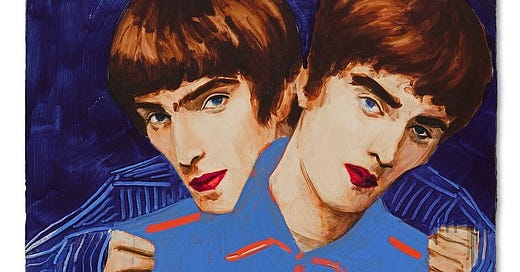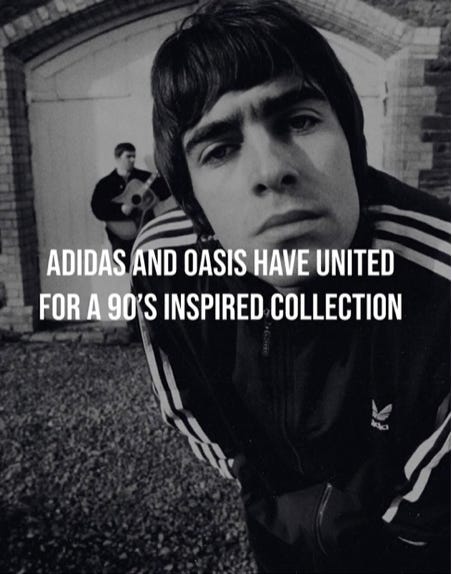Welcome to the Sociology of Business. In my last analysis, How to choose the right merch strategy, I outlined the elements of a successful merch program, from the selecting the right merch format to the drop cadence, distribution, and the merch rollout. If you are on the Substack, join the chat. With one of the paid subscription options, join Paid Membership Chat, and with the free subscription, join The General Chat on The Sociology of Business WhatsApp group.
IP economy refers to economy that is driven by the creation, protection, and commercialization of intellectual property. IP includes creations of literary and artistic works, designs, symbols, and inventions.
IP economy is a big business. Over $5 trillion of existing IP is supporting millions of jobs of all sizes, in all industries, across of United States in 2024, and accounting for a large percentage of GDP.
IP was originally conceived to protect innovation and encourage entrepreneurship. In many industries, IP is these days mostly used to monetize the existing IP to the max.
Oasis, a Britpop band that roamed in the ‘90s and acrimoniously split up mid-tour in the same decade is reuniting this summer to The Oasis Live ‘25 sold-out tour, with no lack of controversy. There’s still money to be made on the name of the band and apparently on the name of the family. Portrait of the Gallagher brothers at the height of their fame, made by American portraitist Elizabeth Peyton, will be auctioned at Sotheby’s on June 24th, with an estimate of $2.03M–$2.71M.
There’s Gene and Lennon Gallagher, modeling for Burberry, with their father, Liam Gallagher, because yes, there’s money to be made on the Gallagher franchise. Gene is also in Stone Island campaign, because, well, Liam is.
Call it world-building, call it nepotism, it’s licensing all the way.
A preferred strategy for brands in the concluding stages of their lifecycle (and corporate entities who buy them, like Authentic Brands Group and Centric Brands), licensing uses whatever is left of the halo of the brand name, for as long as possible. Sports Illustrated doesn’t even have a print publication anymore, it is a fodder for lucrative events. Vanity Fair should probably follow the suit, stick to its Oscars’ party, spin it into events franchise, and call it a day.
IP monetization is probably the most exploitative form of capitalism. It coasts on the past patents, inventions, ideas, and creativity, and capitalizes on the legal protections they enjoy. Rather than spurring innovation and protecting entrepreneurship, modern IP suffocates it.
It artificially keeps brand corpses alive and milks any distinguishing (and trademark protected) brand code, logo, pattern, color, monogram or, other signifier. And that is just in the domain of branding. In art, fashion, design, film, music, it protects melodies, silhouettes, designs, shapes, materials, plots …
Vetements, a fashion brand, recently lost a trademark application in the US for being too “generic.” For a brand name that means “clothes” in French, this serves them well. For a brand that made its name by ripping other brands off (Vetements launched with a copy of a DHL t-shirt), it serves them even better.
When it comes to IP, the line between creative exploration and creative exploitation is thin. IP economy goes hand-in-hand with visual culture. When everything is image,
Keep reading with a 7-day free trial
Subscribe to The Sociology of Business to keep reading this post and get 7 days of free access to the full post archives.






